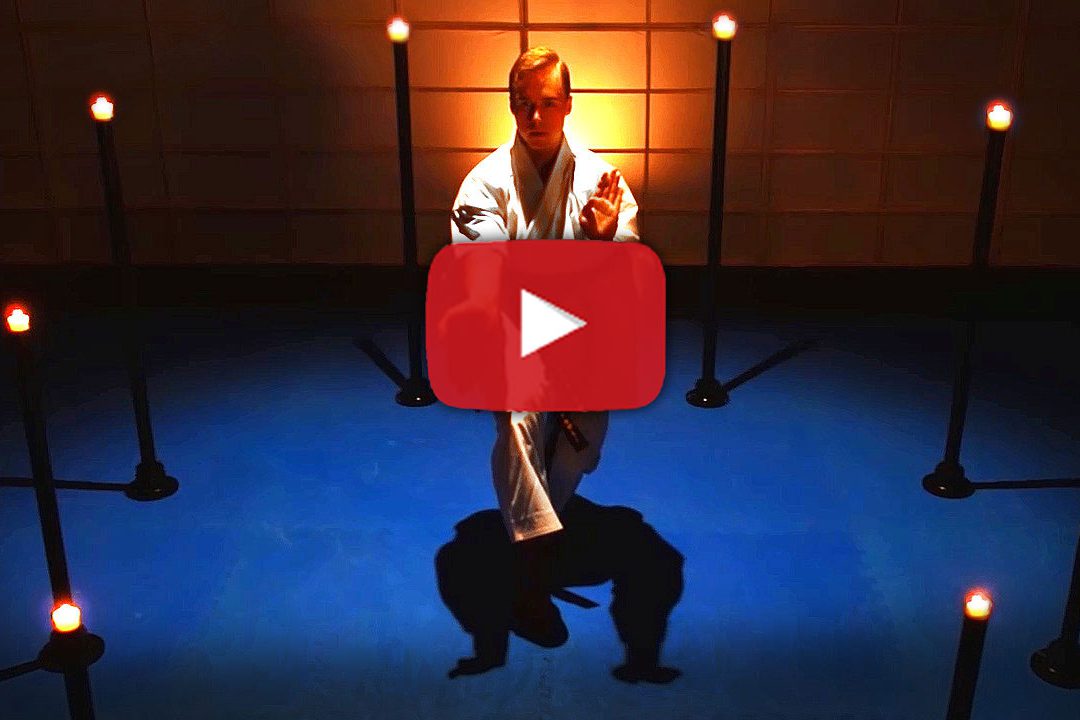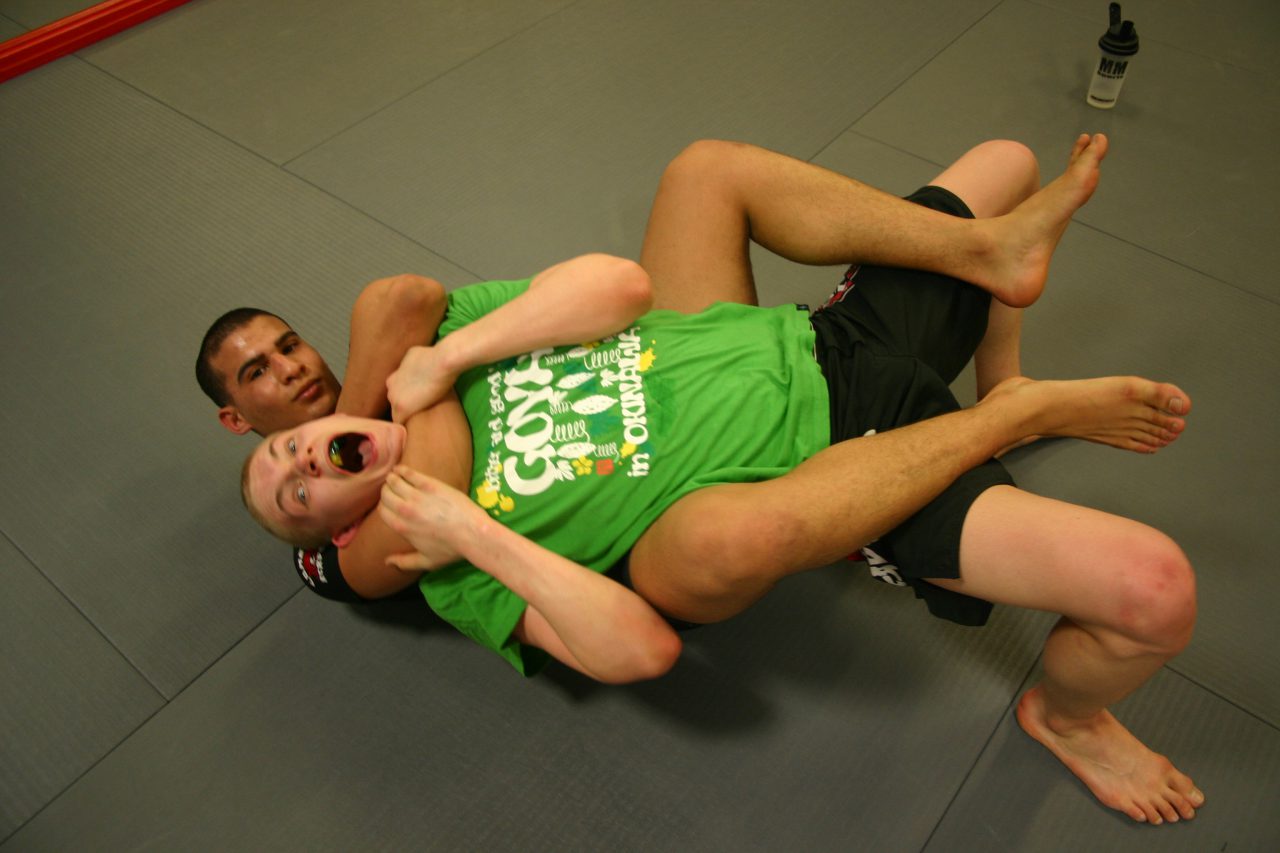These past weeks I have been indulging myself in a fat bunch of newly purchased Karate books. Sort of like early Christmas presents for myself.
The result has been new, fresh, ideas (along with the compulsory sleep deprivation).
I think I will maybe review some of the books later, but for now I want to talk about something I read in one of the books:
The book is “Okinawan Karate: Teachers, Styles, and Secret Techniques” by Mark Bishop. However, this book is not new.
I have had it for some years.

But the thing is that I have now met many of the people (in Okinawa) described in the book, in person, and therefore the book feels like a whole new book, now that I read it again!
And one thing that strikes me is an interesting quote by Zenpo Shimabukuro (hanshi, 10th dan, Seibukan Shorin-ryu). If I remember correctly, when the author asks what Shimabukuro’s take on teaching is, he replies something along the lines of:
“Why should I beat my body up for students, only to have them pass me by on the street later unnoticed [when they have quit]?“.
As you can see, he is expressing his feeling about students who quit. He feels that he is training/teaching hard every evening for them, but still they sometimes quit, and he seems to feel almost betrayed or let down in a way.
Right? At least that’s how I understand it.
But is that really how he feels? Honestly?
I don’t understand it.
Or, well, I understand… but I don’t agree.
You really shouldn’t feel that way. If that is how you see teaching, then you are probably bound to one day end up as a depressed pile of flesh draped in a faded black belt at your local bar, drowning your sorrows in lukewarm sake, crying “Why, oh why?! I gave them everything!”
Because, no matter how you see it, people will quit.
And ultimately, you can’t control it.
Nope.
You don’t know how your students think or feel about things. They might have other more important stuff to do, and thus have to set Karate/Kobudo/whatever to the side for a while.
Or for ever.
However, they are probably not doing it to be mean to their instructor. I seriously doubt there are people who think “Hehe, now that I have sucked all of the enthusiasm and skill out of my sensei it’s time to quit, so he/she will really feel worthless! Time for a new dojo!”
People just need to quit sometimes. And you mustn’t take it personal, if you happen to be the instructor.
I know, because some important people at our club have quit. A recent example: One had just taken the black belt in Kobudo, and another was just about to test for his black belt in Karate. They both just quit.
Want more? Well, every time we have gone to Okinawa for training camps, only a handful of the participating students have continued practising when we return home (I like to call it “The Okinawan Karate Tourist Syndrome”). Seriously, I think four or five students quit immediately after our last year’s Okinawa trip. It’s insane.
So, how should you look at it?
How should you be teaching if you want to avoid ending up feeling like Zenpo Shimabukuro?
My method is the following:
Don’t teach for others. Teach for yourself.
I realized that a couple of years ago. Today, I couldn’t care less if somebody quits.
It’s their loss.
I don’t teach because I want to improve the students. No way.
I teach in order to improve myself.
Naturally the students improve too, of course.
Every training I try to discover new things that I can impart to the students. Every training I try to improve methods for warming up, for explaining techniques, for doing two-man exercises, for kata, or for understanding details in basically anything. The challenge is in getting students to understand it.
And I’m not exaggerating when I say that it leaves me completely exhausted every evening. Not so much physically, but mentally.
I try to teach in a more clever way every training. Constantly aiming to teach better than I did the night before.
And that way both I and the students learn a thousand things every time I teach.
Because of the fact that people don’t always understand what you say, I need to continually attack problems from every angle, which gives me new ideas and new (read: better) ways of doing things all the time. And I love it.
Students might come and go.
But I don’t.
I stay – teaching and learning.
And the fact that students come and go is actually good – because people are unique, which forces me to learn new people all the time. That way I am forced to adjust my teaching methods constantly, to fit the audience. That’s a challenge I like.
- For the students it really feels like I care.
- For the onlookers it really looks like I care.
But the truth is, I only do it for myself.
Might sound cynical, but that’s how it is.
Either that, or one day becoming insane.




15 Comments